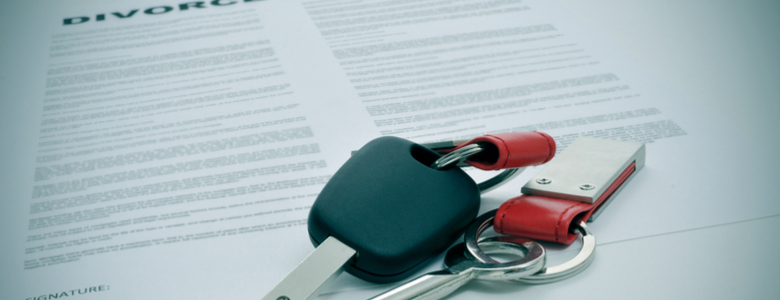
Secured Versus Unsecured Debts in Property Division
By: M. Scott Gordon
Getting divorced and dividing marital property often becomes contentious for couples in the Chicago area. While most spouses tend to worry about the distribution of marital assets—and questions about who will get to keep which pieces of property, such as bank accounts, furniture, or real estate—it is important to remember that the division of marital property also includes the division of marital debt. To be clear, any debts from the marriage will also be divided between the spouses during the process of the distribution of marital property.
In recognizing that property division includes debt division, Chicago area residents should also understand that all debt is not the same. In fact, secured debt and unsecured debt are quite different, and it is important to understand the distinction between the two in order to understand how they can be divided in a divorce.
Distinctions Between Secured and Unsecured Debts
What is the difference between a secured and unsecured debt? In short, a secured debt is one for which the debt is connected to a particular asset. Since the debt is tied to an asset in the debtor’s possession, any failure to repay the debt means that the debtor can repossess the asset. A common example of a secured debt is a debt for an automobile through an auto loan. If the debtor fails to continue making payments on the car until the debt is paid off, the lender can repossess the car. A mortgage on a home is also an example of a secured debt.
Differently, unsecured debt is debt for which there is no asset attached. As such, the lender cannot repossess the property when the debtor does not pay. A common type of unsecured debt divisible in a divorce is credit card debt, as an article in CreditCards.com explains. Other examples of unsecured debt include medical debt and student loan debt.
How are secured and unsecured debts divided in a divorce? The first step is to determine whether the debts should be classified as marital or separate property. For any debts that are classified as marital property, they will need to be divided in the divorce.
Decide Whether to Keep or Sell Property Tied to a Secured Debt
If you have marital property that is a secured debt, you will need to decide whether to sell or to keep that property. For example, if you have a motor vehicle that you and your spouse purchased together and for which you are still making payments, you will have the option of selling the car before marital property is divided (and the proceeds, if there are any, would be divisible), or you can retain the property and it will be divided accordingly.
A more common issue involving divorce property division and secured debt involves the family home. You and your spouse can come to an agreement about whether to keep or sell the real estate. Keep in mind that property tied to a secured debt can end up costing more in the long run in upkeep and maintenance, but those costs typically will not be factored into property distribution in your divorce.
Dividing Remaining Assets and Debts
If you sell property that is tied to a secured debt, any money you make that does not go toward repaying the debt will be divisible as a marital asset. For property that is retained, the court will take into account the market value of the property and the amount of debt that is still owed when distributing property. Unsecured debts are distributed similarly to assets—if they are marital in nature, they are divided equitably.
Learn More from a Chicago Property Division Attorney
Property distribution is one of the more complex processes in a divorce case, but a Chicago property division lawyer can help with your case. Contact Gordon & Perlut, LLC to learn more about how we can help you.